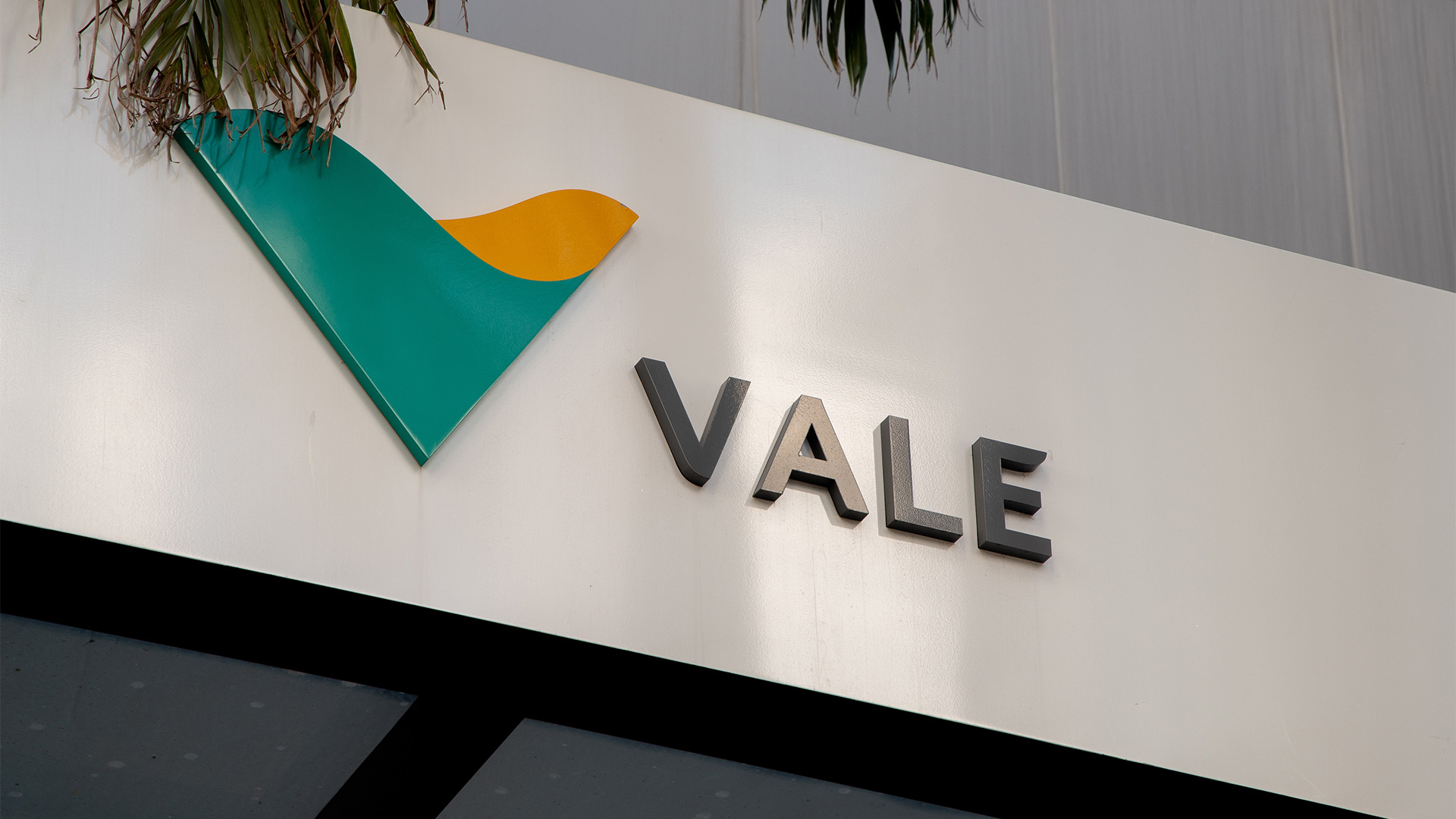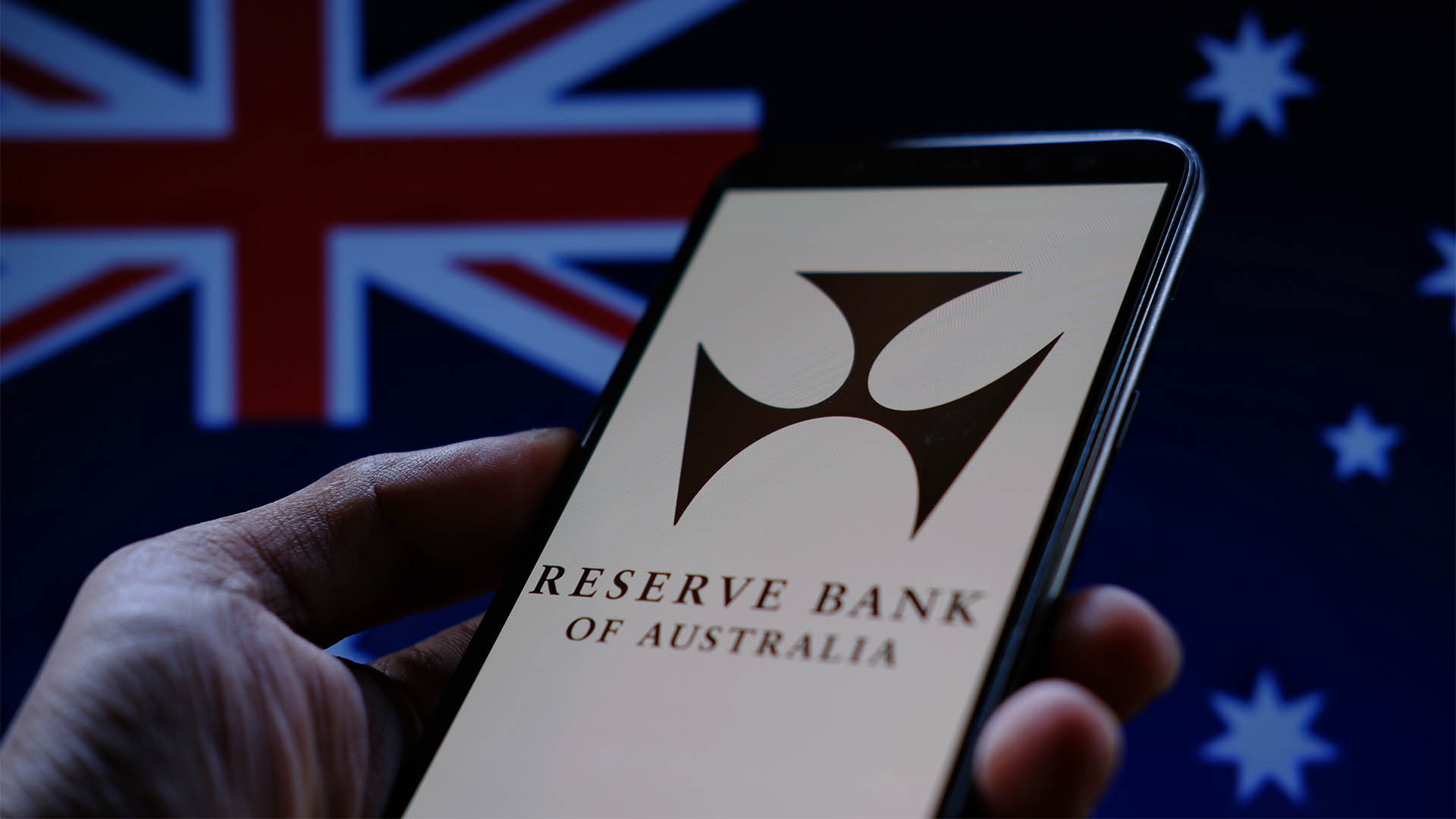China’s consumer price inflation jumped sharply in November just as the runaway rate of producer prices showed signs of plateauing.
Soaring vegetable prices (up more than 30% in the month) drove consumer prices to an annual rate of 2.3% against October’s more sedate 1.5%.
On a monthly basis, consumer prices rose 0.4%, slowing from a October’s 0.7% gain, the National Bureau of Statistics reported.
It was the highest reading for more than a year and came after the government was forced to issue warnings in the month against hoarding food and assurances that supplies of fresh vegetables would be available after bad floods in previous months in the north and centre of the country.
November’s 30% plus rise followed a 15.9% year-on-year rise in October. The NBS said the supply of vegetables increased in November, prices were still up on a monthly basis by 6.8%.
At the same time scattered outbreaks of Covid (which are continuing) saw transport links and logistics interrupted, while the aftermath of power rationing in October also rattled consumer confidence.
The cost of food increased for the first time in six months (1.6% vs -2.4% in October), as prices of both fresh vegetables and fruit rose sharply and the fall in pork prices slowed.
Non-food inflation edged up (2.5% vs 2.4% in October), with costs rising further for all components: transportation & communication (7.6% vs 7.0%), fuel & utilities (steady), household goods and services (0.5% vs 1.5%), health (0.6% vs 0.6%), clothing (0.5% vs 0.5%), and education, culture (3.0% vs 2.9).
Beijing has set a 2021 CPI target of around 3%, compared with 3.5% in 2020.
Meanwhile producer prices pressures showed the first signs of easing for month with an annual gain of 12.9% in November, down from 13.5% in October. It was still above market forecasts of 12.4%.
Month on month prices were steady after the 2.5% leap in October.
The impact of the surge in energy prices – especially coal – slowed in November after the sharp rises in September and October.













